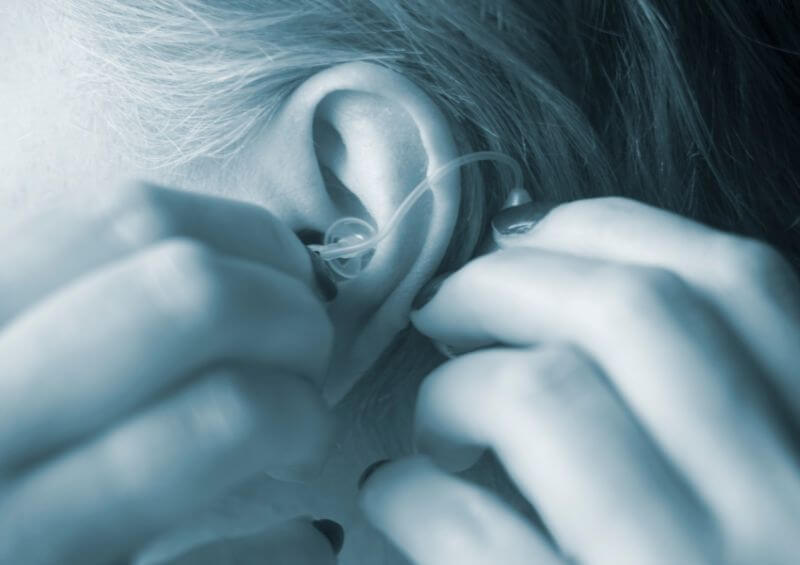Hearing loss affects more than 1.5 billion people worldwide and 48 million in the U.S. alone. But of the 48 million Americans with hearing loss, how many do we consider “disabled”?
The Americans with Disabilities Act (ADA) defines a disability as “a physical or mental impairment that substantially limits one or more major life activities.”
It’s undisputed that hearing loss limits major life activities like communication, education, and social interaction—making it clear that hearing loss with any significant effect on your life is a disability.
But hearing loss can do more than reduce your quality of life. Over time, it can worsen, leading to even more severe symptoms like isolation and depression. Without treatment, the effects of hearing loss can even contribute to dementia.
However, not all hearing loss develops the same. With guidance from a trained audiologist, you can determine if your hearing loss is considered a disability and how to prevent it from worsening.
Degrees of Hearing Loss
From a medical perspective, hearing loss, like many other conditions, is looked at on a scale of severity. The scale usually ranges from normal to profound and is used by clinicians to describe your degree of hearing loss.
The degrees are:
- Normal
- Mild
- Moderate
- Moderately Severe
- Severe
- Profound
Licensed hearing care professionals, like your local audiologist, assign these levels of hearing loss to patients based on their responses to hearing tests. But just because one ear is a certain level doesn’t necessarily mean both are. Ears, like individual people, can also vary in hearing loss, so it’s important to have each tested for individual results.
Hearing Loss and Disability Benefits
By the ADA’s standards, any degree of hearing loss above Normal might cause limitations in your life. However, to the Social Security Administration (SSA), hearing loss is a bit more objective.
To qualify for disability benefits through the SSA’s Social Security Disability Insurance (SSDI) or Supplemental Security Income (SSI) programs, you must have a hearing threshold greater than or equal to 90dB in your better ear.
In other words, when comparing it to the degrees of hearing loss, this level of loss would be considered “Profound.”
What does this mean?
The SSA’s requirements for disability programs require a pretty significant degree of hearing loss to qualify.
But this doesn’t mean that if you have any hearing loss less than Profound, it should go untreated.
Do I Need Hearing Aids?
Even if your hearing loss does not qualify as a disability under the SSA, mild to severe hearing loss can still have detrimental effects on your day-to-day life. It can affect your personal and professional relationships, basic communication and even lead to more serious conditions like depression. Untreated hearing loss can even be a major contributor to the development of dementia.
The most common treatment for hearing loss is hearing aids, special medical devices that are fitted to your ear and degree of hearing loss to capture and amplify sounds, so you can be more engaged in the world around you.
While you may have suspicions that you or a loved one has hearing loss, the most surefire way to find out is by visiting a local audiologist for diagnostic testing. Hearing tests are quick, simple, and painless.
Here in the Largo/ Clearwater area, your local audiologist, Dr. Amanda Kluzynski at the MedRx Hearing Center can help you get down to the bottom of hearing difficulties.
Schedule Your Free Hearing Test Today
To determine if your hearing loss is a level that qualifies for disability, or for confirmation and treatment for hearing loss affecting your life, contact the MedRx Hearing Center for help.
Through a series of simple hearing tests, Dr. Kluzynski can help you find out if you have a hearing loss and if that hearing loss is best treated with hearing aids.
Schedule a FREE Hearing Consultation at the MedRx Hearing Center by giving us a call at (727) 584-9696, or learn more at MedRxHearingCenter.com
___
“I am so pleased and happy to be able to hear like a normal person. Amanda was just wonderful and explained everything to me in detail. Best of all, my grandchildren said ‘Mimi, you can hear us now.’ Thank you. ”
-Judy, Largo FL

